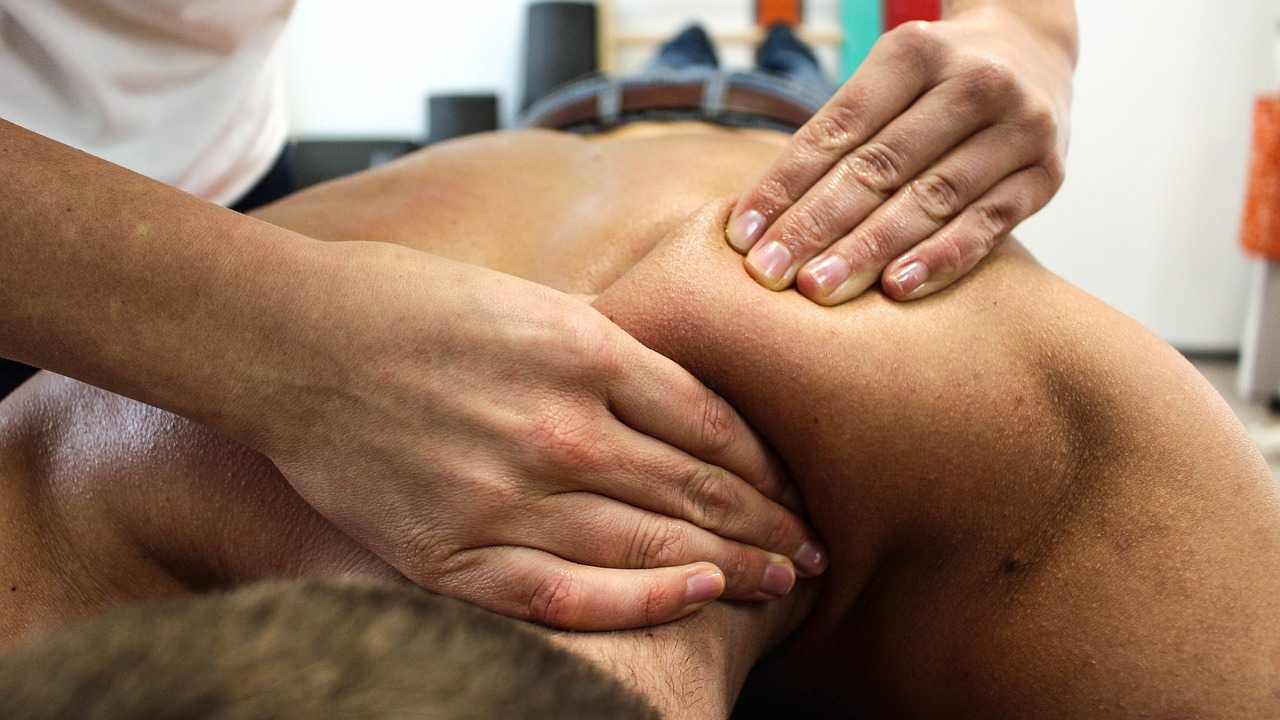
Physiologist
If you have gone to the hospital due to a chronic illness, your doctor has probably mentioned that you need to make lifestyle changes to improve your life quality. That usually refers to improving your activity levels and adjusting your nutrition to healthier foods and practices. Most doctors recommend planned exercise programs, especially for people who spend most of their time sitting or lying down. While cultivating an active life is essential to your health, we understand that making such drastic changes can be difficult. That’s where a Movement 101 exercise physiologist comes in.
Exercise isn’t just about jumping up and down and breaking a sweat. Finding the right way to exercise can prove to be quite difficult. Some exercises do very little for your body, while others are downright harmful to your health. It would be best to see an exercise physiologist if you suffer from an injury or medical condition. This way, you can start working on getting more active without compromising your health. Exercise physiologists have the skills and expertise to investigate what is causing your condition and how guided exercise can help to manage it.
What Exercise Physiologists Investigate
Exercise physiologists investigate how patients adapt and react to muscular activity. They use their knowledge and skills to improve a patient’s fitness and performance levels and treat, manage, or prevent illness. Accredited Exercise Physiologists (AEPs) offer scientific exercise support to teams and athletes within various sports. That involves monitored training through assessment and measurement of physical functions and different body systems.
Besides treating patients with chronic conditions or injuries, they develop professional training programs to help athletes prepare for competitions. In a hospital setting, they offer exceptional exercise advice to patients suffering from illnesses such as chronic obstructive pulmonary disease, diabetes, or coronary heart disease.
Exercise Physiologist Responsibilities Outside a Hospital
- Promote the benefits of exercise and sports while raising awareness around body activity issues
- Staying up to speed with related exercise research
- Learn to use specialist equipment and resources like electronic timing systems, osmometers, and aqua pacers
- Collaborating with other exercise professionals like physiotherapists, sports psychologists, strength and conditioning coaches, and dieticians.
- Advise and educate coaches and athletes on essential aspects such as acclimatization, overtraining, hydration methods, recovery strategies, and heart rate monitoring
- Test athletes’ fitness to build precise physiological profiles
Clinical Exercise Physiologist Responsibilities
- Liaise with local councils, volunteers, and community groups to raise awareness around the benefits of guided exercise
- Teach and making presentations to allied medical professionals
- Treat and, where necessary, refer patients to other medical specialists
- Perform various investigations like exercise tolerance examinations to determine patient risk
How to Exercise Effectively
Exercise physiologists are not your regular fitness coach. They have an exceptional understanding of how your body works and what issues exercise can help to address. Once you have decided that you would like to try exercise as a treatment method, your exercise physiologist can help you settle on an effective program and adjust your lifestyle to incorporate these changes.
They offer guidance on how to exercise safely to attain certain health goals. The difference between an exercise physiologist and your gym trainer is that they have a four-year university degree in exercise physiology. As such, you can rest assured that you will not suffer the adverse injuries and frustrations common with patients and athletes who just show up at the gym.
Prevent Chronic Conditions and Illnesses
Claims that exercise can improve your life while preventing certain illnesses have been substantiated. You require your fair share of exercise and general body activity to live an energetic life and avoid developing certain chronic illnesses. Most chronic conditions are triggered by being overweight. An exercise physiologist can help you change this with strategic exercise plans and handy advice on transforming your lifestyle.
These lifestyle changes can help you reduce pains and aches in your body, improve your posture, increase mobility, get stronger, become fitter, and lose weight. Your energy levels are bound to increase with both short-term and long-term lifestyle improvements. You may also want to talk to an exercise physiologist if your doctor says you are on the borderline of getting a chronic condition.
There is nothing ideal about taking pain medication for the rest of your life. Whether you currently suffer from a chronic condition or run the risk of developing one, you need the help of an AEP. You can get personalized training programs that address the issues causing your body pain or discomfort.






